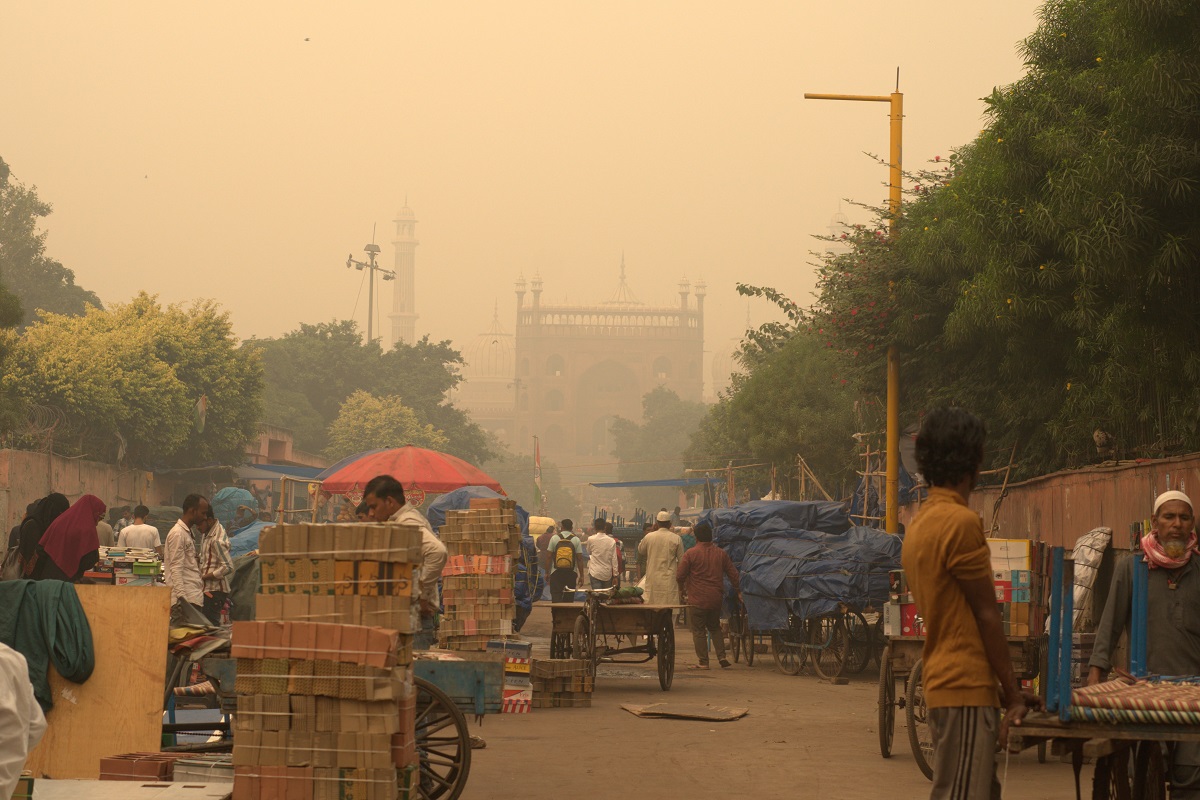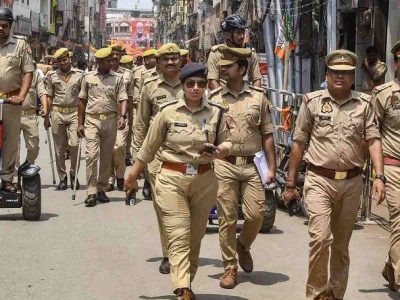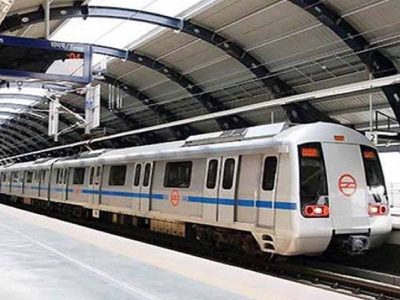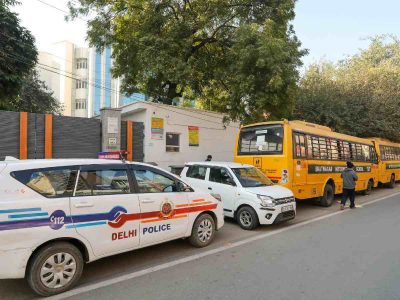Air quality in Delhi and its surrounding areas has once again worsened overnight, following a slight improvement observed a day earlier. Forecasts indicate that significant relief is unlikely in the coming days.
As of 8 am on Monday, the Air Quality Index (AQI) for the city stood at 338, a decline from 301 at 4 pm the previous day and 290 at 7 am on Sunday.
The 24-hour average AQI, recorded at 4 pm daily, was 319 on Saturday, 405 on Friday, and 419 on Thursday.
Neighboring regions such as Ghaziabad (306), Gurugram (239), Greater Noida (288), Noida (308), and Faridabad (320) also experienced a deterioration in air quality.
The AQI scale categorizes air quality as follows: 0-50 (good), 51-100 (satisfactory), 101-200 (moderate), 201-300 (poor), 301-400 (very poor), 401-450 (severe), and above 450 (severe plus).
On Saturday, the central government lifted stringent restrictions, including a ban on construction work related to linear projects and the entry of polluting trucks into Delhi, due to a decrease in air pollution levels attributed to favorable wind speed and direction. These measures are part of the final stage, Stage IV, of the Graded Response Action Plan (GRAP) for air pollution control.
The Commission for Air Quality Management (CAQM) in the National Capital Region and Adjoining Area, responsible for formulating pollution combat strategies, directed Delhi and NCR states to revoke emergency measures. These measures included allowing only CNG, electric, and BS VI-compliant vehicles from other states to enter Delhi, with exemptions for essential services. The ban on medium and heavy goods vehicles not engaged in essential services also continues under Stage IV of GRAP.
Despite these relaxations, other restrictions from stages I, II, and III of GRAP remain in place, including a ban on non-essential construction work, mining, stone crushers, and diesel generators.
Delhi Environment Minister Gopal Rai urged people to remain vigilant and adhere to pollution control measures. He highlighted that progress made before Diwali, due to rain and favorable meteorological conditions, was undermined by firecrackers.
The ban on BS III petrol and BS IV diesel vehicles will persist, and the situation will be reassessed if improvements continue, according to the minister.
The Air Quality Early Warning System, developed by the Indian Institute of Tropical Meteorology, predicts no significant improvement in air quality in the next few days.
Recent data from a joint project by the Delhi government and the Indian Institute of Technology (IIT), Kanpur, revealed that vehicular emissions contributed to about 36% of the capital’s air pollution on Saturday and 38% on Sunday. Secondary inorganic aerosols, including particles like sulfate and nitrate formed in the atmosphere due to the interaction of gases and particulate pollutants from various sources, account for 30 to 36% of Delhi’s recent air pollution.
(With PTI inputs)





